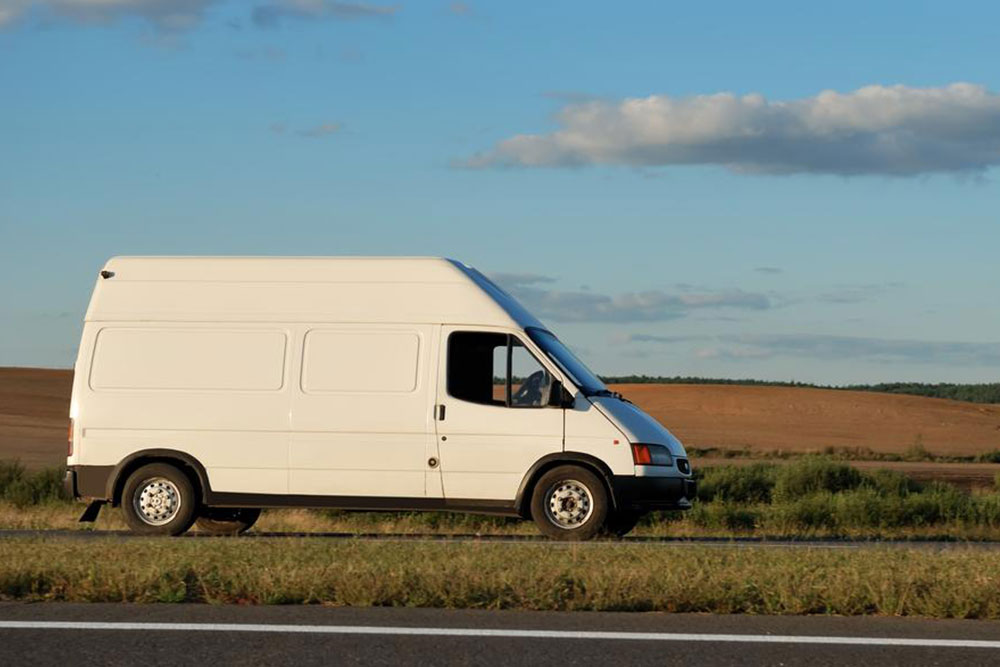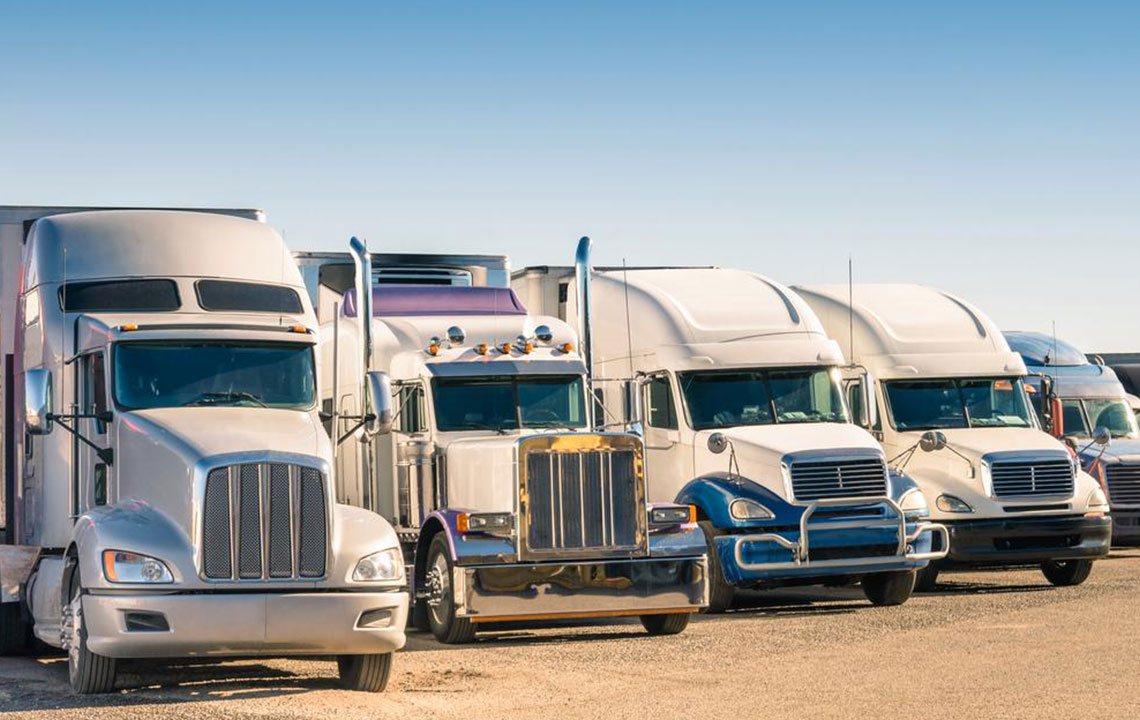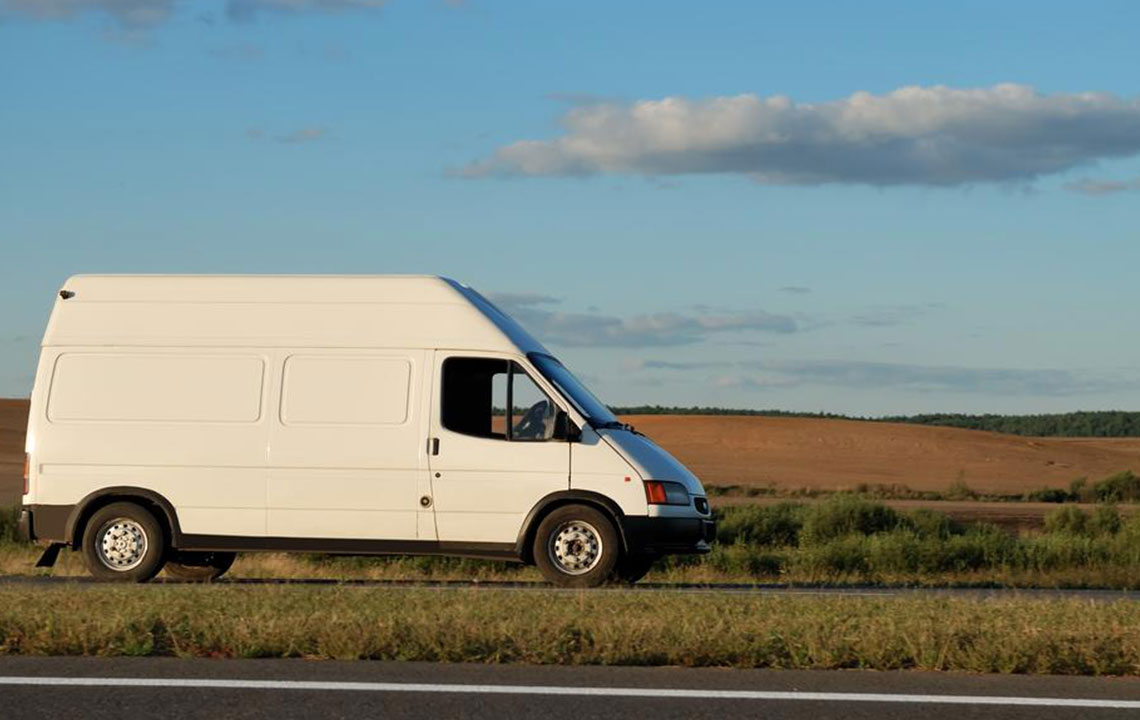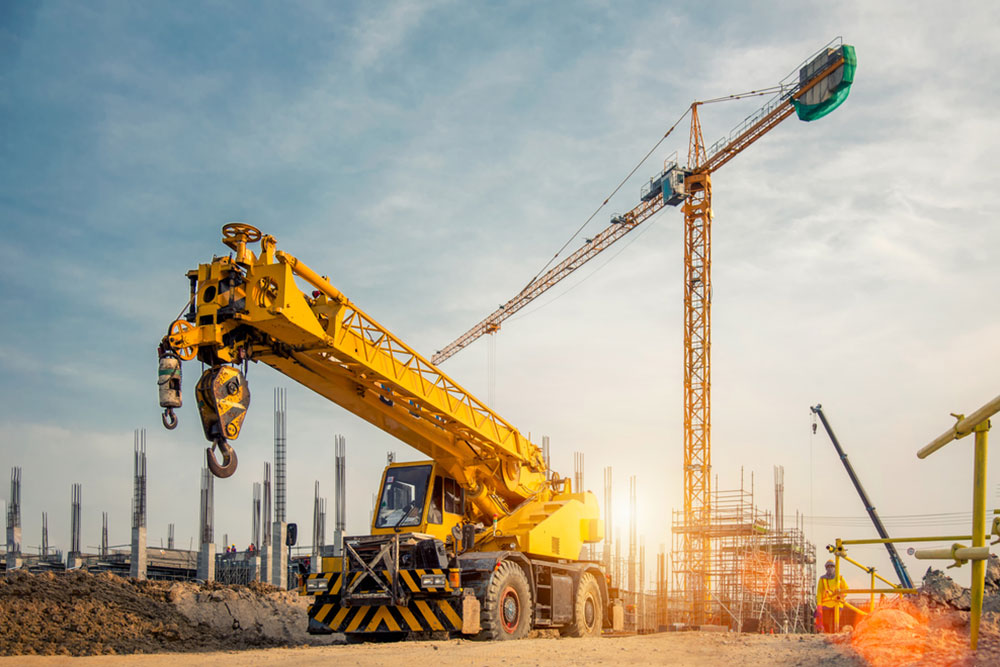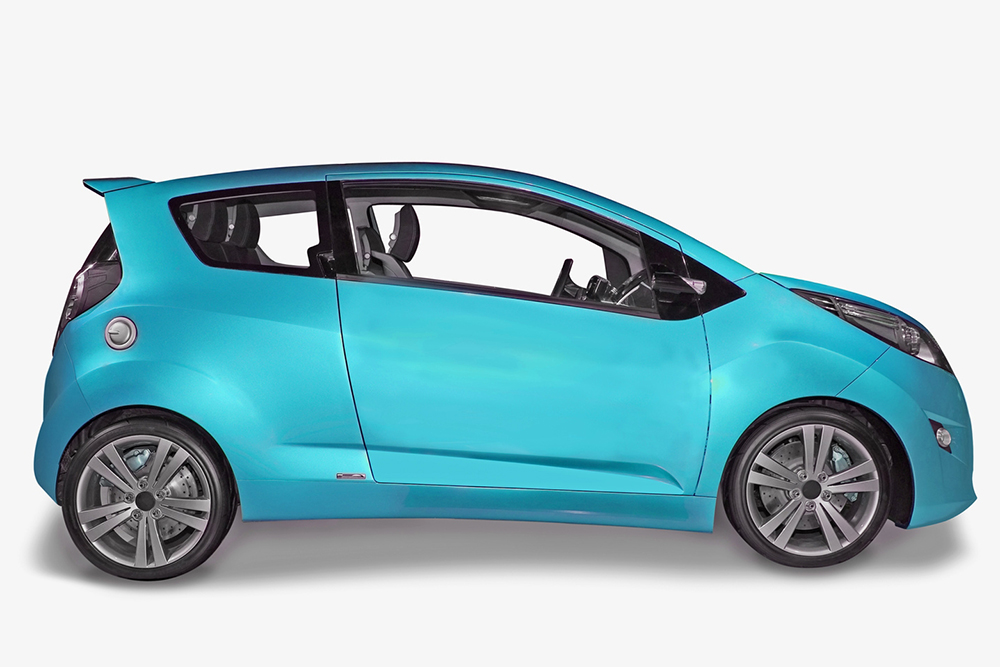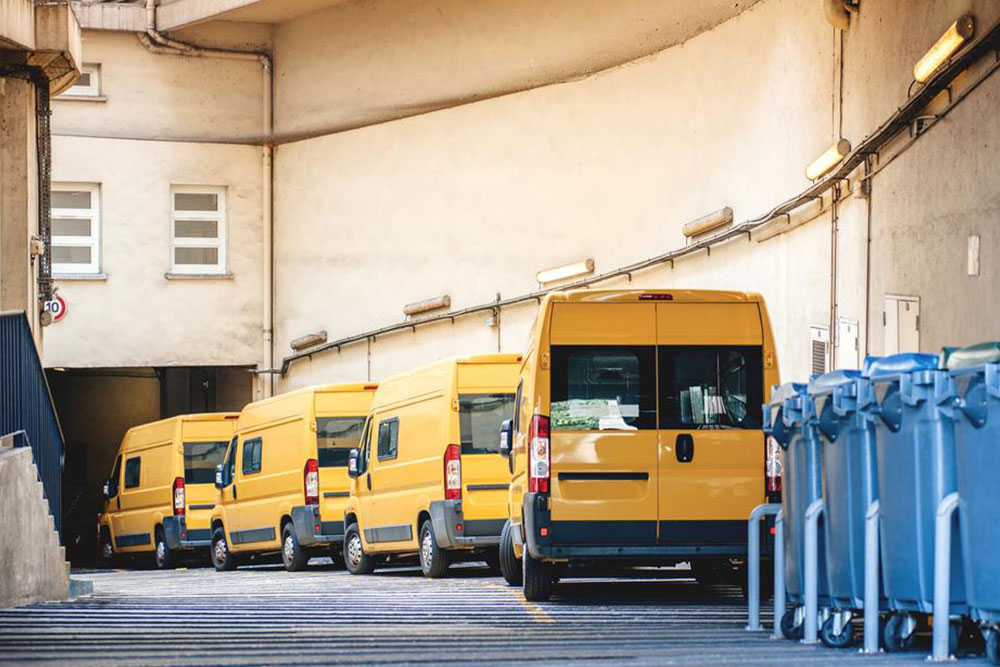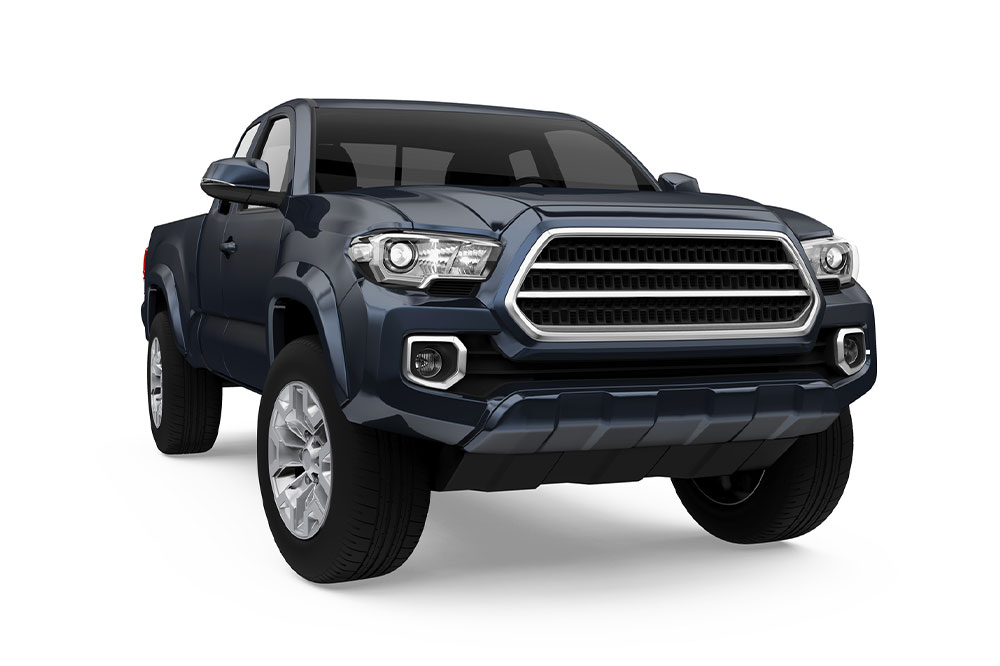Comprehensive Guide to Box Truck Features and Variations
This comprehensive guide explores the various types, features, and benefits of box trucks, highlighting their applications across industries. It details different design classifications, size options, and key features like liftgates and flooring to help buyers make informed decisions. The article also discusses cost considerations and highlights the advantages of using box trucks for efficient, safe cargo transport. Ideal for business owners and logistics professionals, this overview emphasizes flexibility, customization options, and practicality in selecting the right box truck for specific needs.
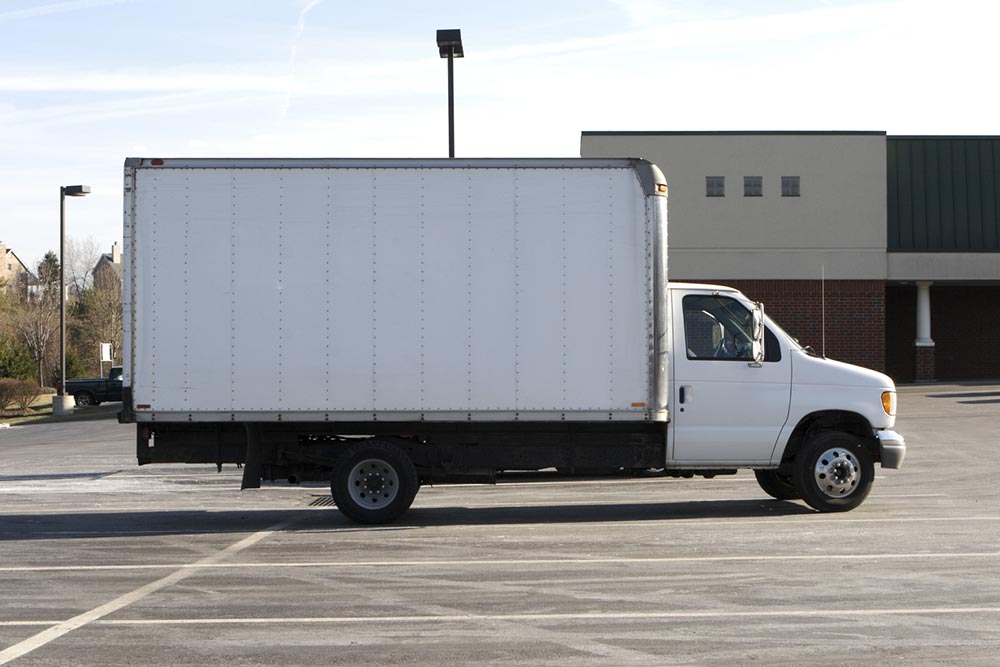
Understanding the Different Types and Characteristics of Box Trucks
Box trucks are highly adaptable delivery vehicles featuring an enclosed cargo area mounted on a chassis. These two sections are rigidly connected, preventing movement between them. They can be customized to accommodate varying cargo sizes and weights, making them ideal for safe and efficient transportation over both short and long distances. Known for their maneuverability and operational efficiency, box trucks are a popular choice among many industries.
Benefits of Using Box Trucks
The primary benefit is the enclosed cargo space, which ensures goods are protected from weather and rough terrain during transit.
Business owners can utilize the truck's surface area for branding by displaying logos and contact information.
Compared to traditional trailer-based transport, box trucks are easier to operate, quicker to load, and more fuel-efficient.
They are more suitable for navigating narrow streets and congested areas.
Overall, they facilitate timely deliveries with fewer breakdowns, saving costs on fuel and repairs.
Industries such as manufacturing, logistics, food service, furniture, construction, and moving companies frequently employ box trucks for their versatility and reliability.
Different Types of Box Trucks
These vehicles vary depending on their design features and load capabilities.
Common Box Truck Variants by Design
Utility Trucks: Custom-built with compartments for tools and equipment, suitable for specialized tasks and small cargo loads.
Refrigerated Box Trucks: Fully cooled units used for transporting perishable goods like food and medical supplies requiring temperature control.
Flatbed Box Trucks: Without sides or a roof, allowing side loading and unloading, ideal for oversized or palletized cargo.
Landscaping Trucks: Designed with secure storage compartments and often equipped with ramps for heavy equipment handling.
Box Trucks by Size and Payload
Available in 10 to 26 feet lengths, with configurations typically seating two to three crew members, depending on size.
Light-duty: Carry up to 14,000 pounds, best for short hauls with lighter loads and fuel efficiency.
Medium-duty: Support loads between 14,000 and 26,000 pounds, often used for moving or delivery services.
Heavy-duty: Capable of transporting over 26,000 pounds, suitable for construction equipment on long routes. A commercial driver’s license is required.
Key Features to Consider Before Buying
Cab Design: High or low cabs affect visibility and maneuverability.
Liftgate: Hydraulic platforms that facilitate loading and unloading of heavy or bulky cargo.
Loading Ramps: Essential for easy, safe loading of heavy items.
Mileage Expectancy: Well-maintained trucks can reach hundreds of thousands of miles, extending their usable life.
Floor Material: Hardwood or aluminum floors are suitable for lighter loads or spill-prone cargo; steel floors offer durability for heavy-duty use.
Tie-down Systems: Secure cargo effectively to prevent movement or damage during transit.
Interior Lighting: Improves visibility inside the cargo space, enhancing safety at night.
Organization Solutions: Shelving and dividers help manage tools and goods, minimizing shifting and damage.
Benefits of Box Trucks with Liftgates
For transporting bulky or heavy items, a liftgate-equipped box truck simplifies loading and unloading. These hydraulic platforms eliminate manual lifting, reducing injury risk and cargo damage, especially when forklifts aren’t available. They are vital for industries handling furniture, appliances, fragile items, or large equipment.
Pricing for Box Trucks
The cost for a new 16 to 24-foot box truck typically ranges from $50,000 to $80,000, depending on added features and customization. Used models are more affordable but require careful inspection regarding mileage and condition before purchasing.

